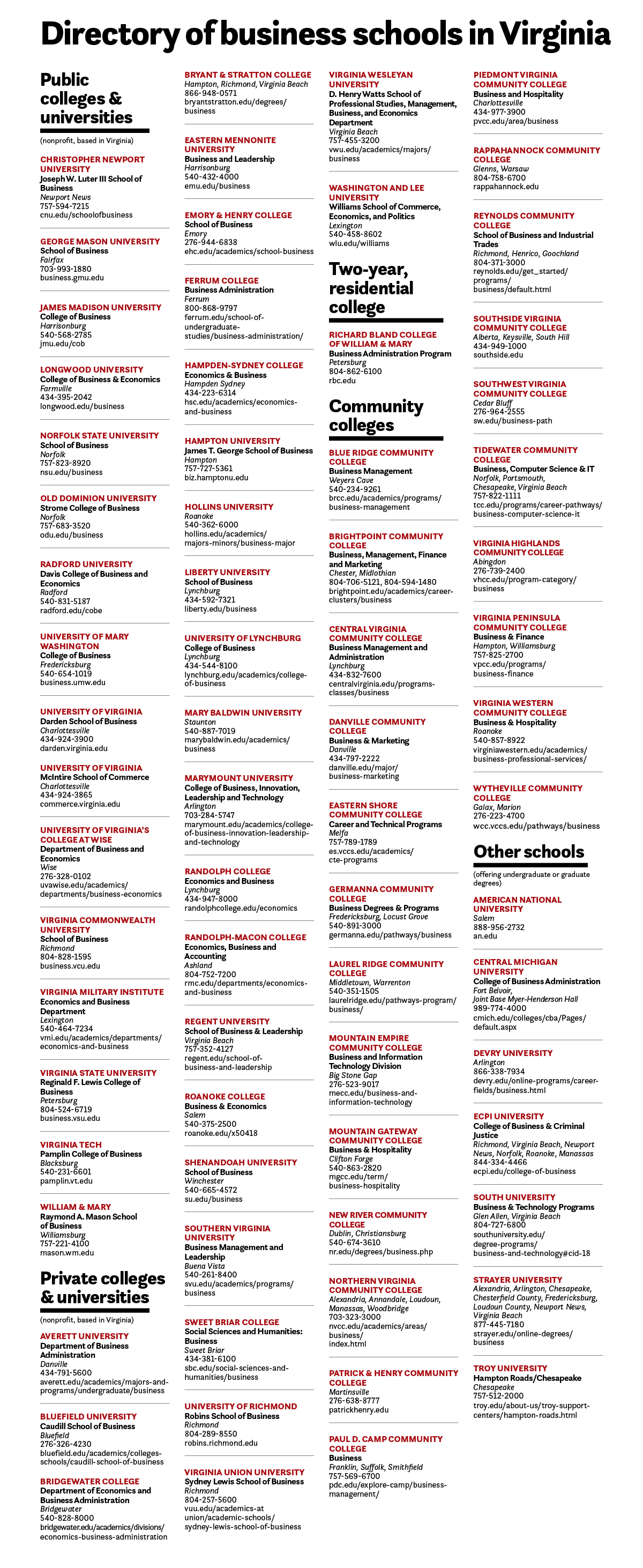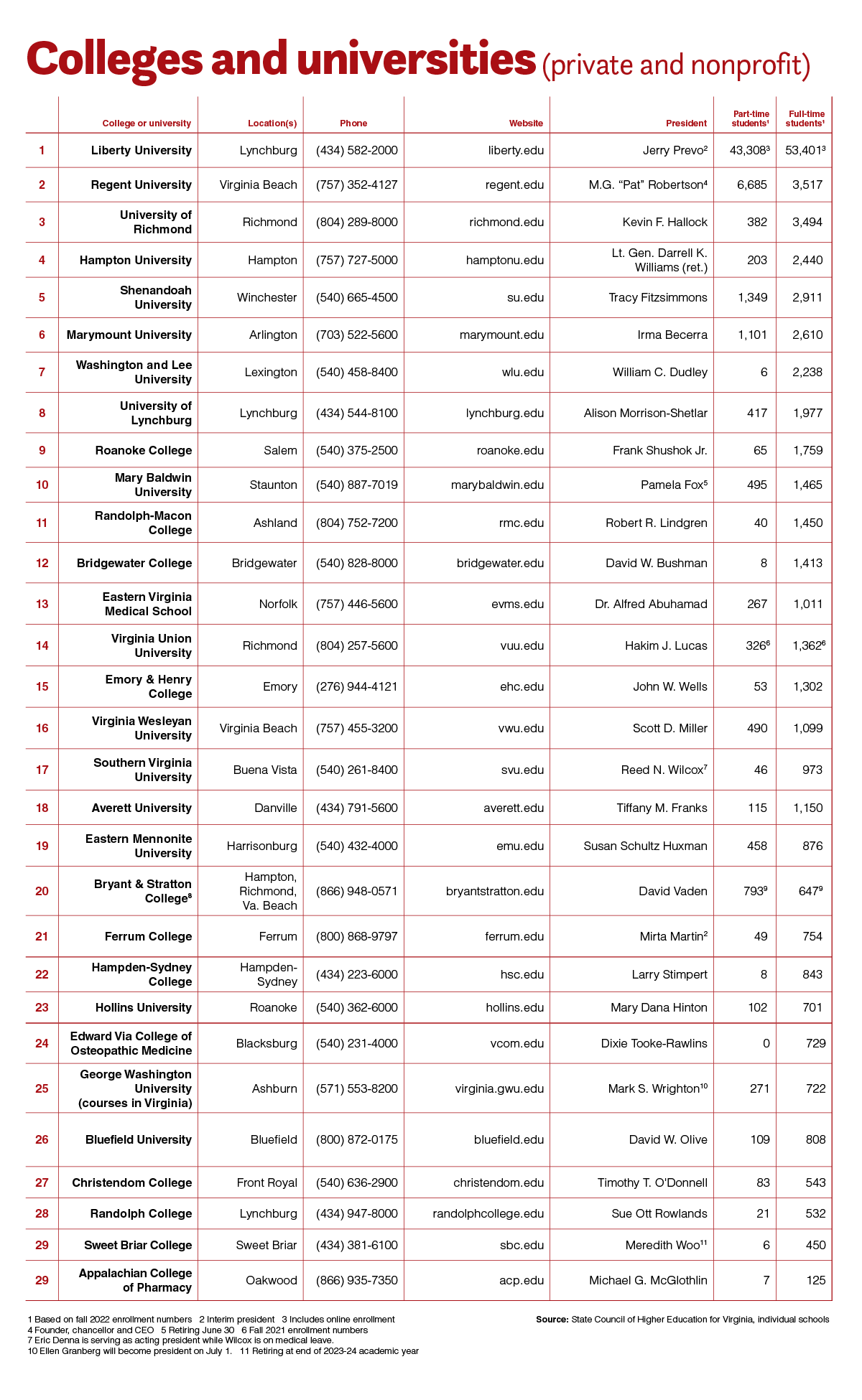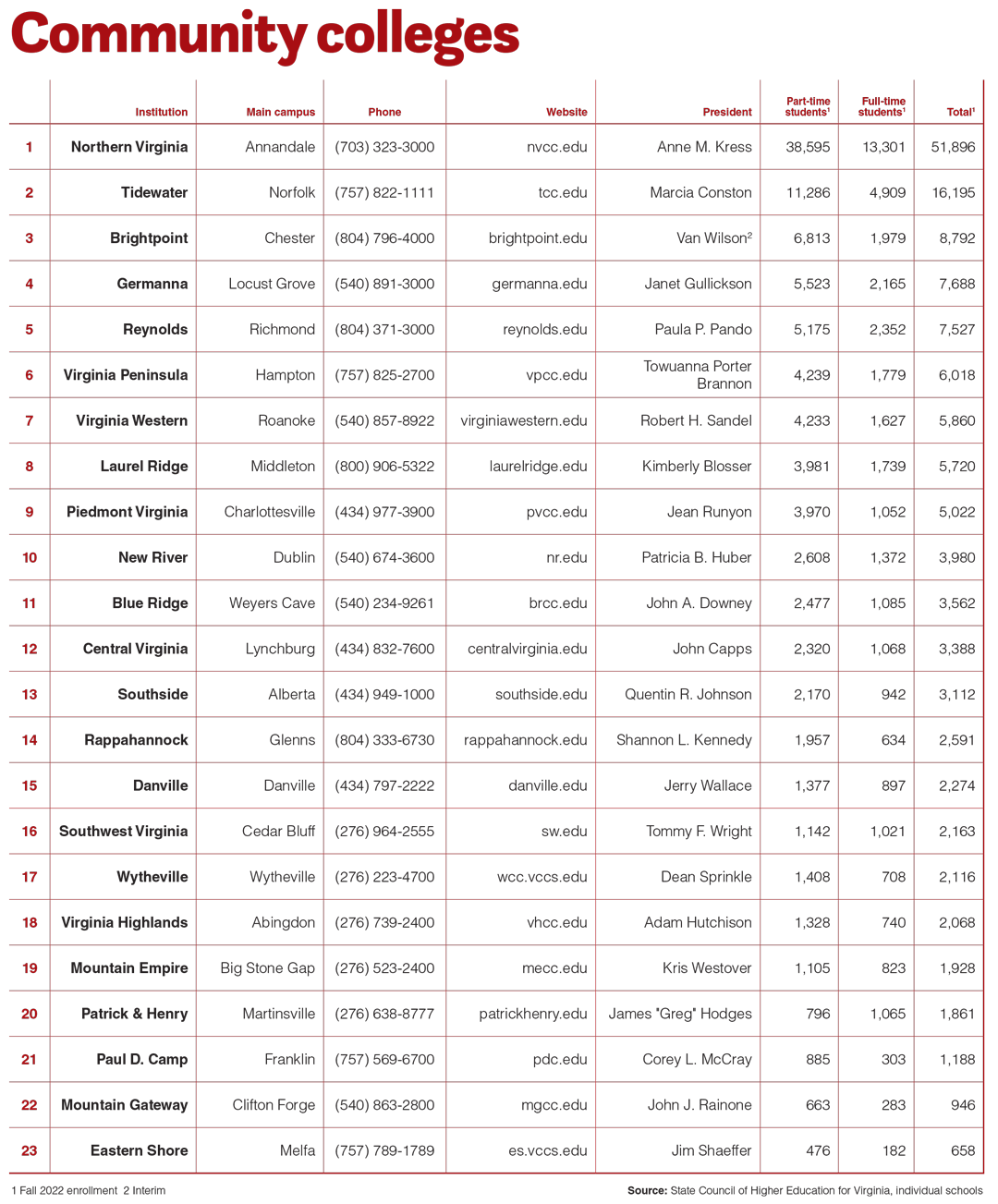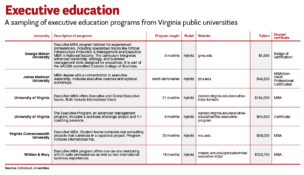
The University of Virginia. Photo by Sanjay Suchak

The University of Virginia. Photo by Sanjay Suchak
The big freeze
Governor flattens state tuition rates
Kate Andrews //February 27, 2023//
Given pandemic-caused interruptions, college students have been through a lot so far this decade, but one silver lining at many Virginia schools has been frozen tuition. Virginia Gov. Glenn Youngkin made it a priority to keep costs flat this academic year, and he succeeded in getting all 15 of the state’s public colleges and universities on board with that plan.
Speaking at William & Mary’s February 2022 convocation, Youngkin said, “I strongly urge our college and university boards to show restraint in tuition increases, just as you have been doing during the pandemic. … And the reason this is important is, if we are not careful, we will price first-generation students and those that come from low-income homes out of the market.”
Most schools and the Virginia Community College System agreed to freeze tuition levels for in-state students soon after the governor’s message, and the University of Virginia’s board of visitors voted in September 2022 to give its students a one-time credit to refund its recent tuition hike, amounting to $690 per student. George Mason University followed suit later that month, awarding a $285 credit to its full-time undergraduates.
Meanwhile, many Americans with heavy student loan debts felt a mixture of excitement and relief after President Joe Biden announced loan forgiveness of up to $20,000 for eligible applicants. The plan was blocked, however, when a group of states and two student-loan borrowers filed suit against the government; the cases were set to be taken up by the U.S. Supreme Court in late February, with a ruling expected later in the year.
Whether or not federal loan forgiveness happens, Virginia’s schools and government officials are working to increase the ways students can afford college. One such effort is the state’s G3 program, which offers community college students below a certain income threshold the opportunity to earn a free degree in certain high-demand employment fields. Additionally, many universities — public and private — have come up with ways for students to fund their educations without incurring crippling debt, while some are promoting faster paths to earning degrees or career certifications.
However, the other side of the tuition freeze issue is the cost burden for colleges and universities. Virginia Commonwealth University, for instance, reported it would have an $11 million budget shortfall and would have to eliminate 62 jobs through attrition due to flat tuition in the 2022-23 school year. Virginia Tech and other schools raised tuition on paper but gave a one-year scholarship to in-state undergraduates to cover the increase. This means that schools will likely raise costs for tuition, room and board this fall.
In other higher ed news over the past year, there were some significant departures, including a president with one of the nation’s longest tenures, Hampton University’s William R. Harvey, who retired in June 2022 after heading the university for nearly 44 years. He was succeeded by a 1983 alumnus, retired Army Lt. Gen. Darrell Williams, who served nearly 40 years in the military and led the Department of Defense’s Defense Logistics Agency.
The 21-year chancellor of the state’s community college system, Glenn DuBois, also retired in June 2022. One candidate withdrew after being hired last year, and now David Doré of Tucson, Arizona’s Pima Community College is set to succeed DuBois in April. The search for DuBois’ replacement was complicated and politically fraught, as Youngkin pushed to be more involved with the hiring of VCCS’ chancellor. Seeing as the 23-college system is the linchpin of the state’s plans to prepare students of all ages to fill approximately 300,000 health care, tech and other high-demand skilled jobs, expectations for the system’s leader have risen in recent years.
“The race for talent is on,” Youngkin said in a statement announcing Doré’s hiring in January.






















